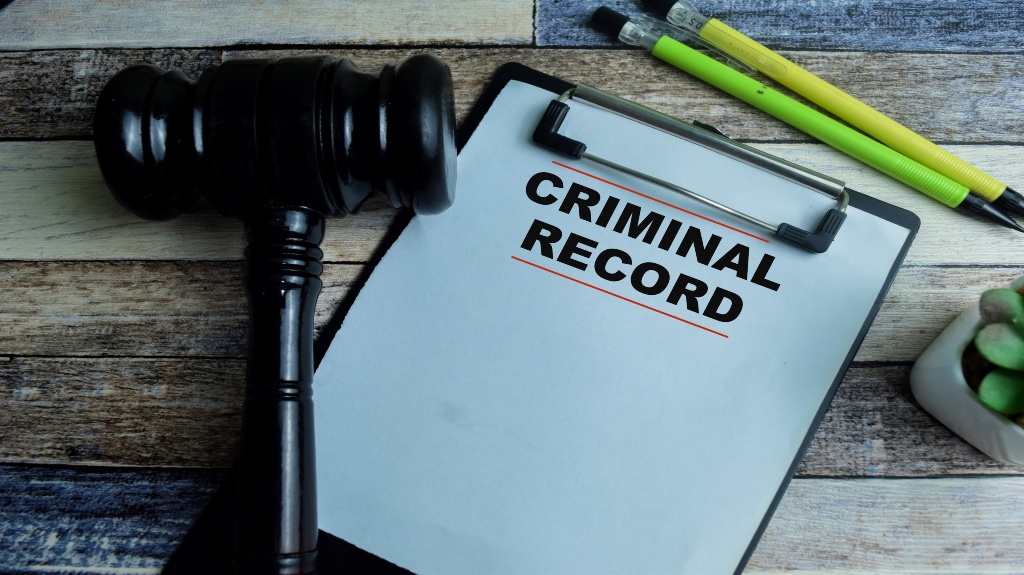Can a Criminal Record Affect a Veteran’s Ability to Receive VA Benefits?

For many veterans, VA benefits provide crucial financial support and healthcare services after their military service. However, some veterans may wonder whether having a criminal record could impact their eligibility for these benefits. While VA benefits are typically awarded based on service-related injuries or disabilities, a criminal record can sometimes complicate the process. This blog will explore how having a criminal record can affect a veteran’s ability to receive benefits, what restrictions may apply, and when legal assistance can be beneficial.
Can Veterans with a Criminal Record Still Receive VA Benefits?
The short answer is yes—having a criminal record does not automatically disqualify a veteran from receiving VA benefits. Veterans who are otherwise eligible for benefits based on their service and disability ratings are generally entitled to receive them, regardless of past convictions. However, there are some specific circumstances where a criminal record can impact a veteran’s access to benefits.
Imprisonment and VA Benefits
One of the most significant ways a criminal record can affect VA benefits is if the veteran is currently incarcerated or facing a period of imprisonment. While veterans are still eligible to receive benefits while incarcerated, there are restrictions on the amount of benefits they can receive.
Reduction of Benefits During Incarceration
If a veteran is imprisoned for more than 60 days due to a felony conviction, their disability compensation can be reduced significantly:
- For veterans with a disability rating of 20% or higher, compensation will be reduced to the 10% level during the time of incarceration.
- For veterans with a disability rating of 10%, compensation is reduced to half of the 10% rate.
Veterans who are receiving a VA pension (different from disability compensation) may see their pension payments suspended entirely during incarceration.
Family Members’ Benefits
Even if a veteran’s benefits are reduced or suspended due to incarceration, their dependents—such as a spouse, child, or parent—may still be eligible to receive some portion of the benefits. Family members can apply to have these benefits allocated to them during the veteran’s imprisonment.
Parole, Probation, and VA Benefits
Veterans on parole, probation, or house arrest are typically not subject to the same benefit reductions as those who are incarcerated. As long as the veteran is not physically imprisoned, they can continue to receive their full VA benefits. However, veterans may need to notify the VA of their legal status and ensure they remain compliant with any VA requirements during their parole or probation period.
VA Healthcare and Criminal Records
A veteran’s criminal record does not prevent them from receiving VA healthcare benefits. Veterans are still eligible to access VA hospitals, clinics, and mental health services, even if they have a criminal history. The VA operates with the goal of providing medical care to all eligible veterans, regardless of their legal background.
However, veterans who are incarcerated may have limited access to VA healthcare. The VA does not provide direct medical services to incarcerated veterans, but veterans can apply for benefits once they are released. In some cases, incarcerated veterans may be able to receive VA medical services for conditions not treated by the correctional facility upon release.
Expunging Criminal Records and VA Benefits
In some cases, veterans may seek to have their criminal records expunged or sealed to minimize the impact of past convictions. Expunging a criminal record can open doors to employment and housing opportunities, but it does not generally have a direct impact on VA benefits eligibility. However, clearing a criminal record can improve a veteran’s overall circumstances and reduce complications when dealing with legal matters related to VA benefits.
When to Seek Legal Help
If you are a veteran with a criminal record and are unsure about how it could impact your VA benefits, it’s important to seek legal guidance. An attorney who specializes in VA benefits can help you navigate the complexities of the system, especially if you are dealing with benefit reductions or eligibility concerns. Legal assistance can also help you explore options like record sealing or expungement, which may improve your situation in other areas of life.
Take Action: Protect Your VA Benefits
While having a criminal record does not disqualify a veteran from receiving VA benefits, certain circumstances, such as incarceration, can lead to reductions or suspensions of benefits. Veterans with criminal records should stay informed about their rights and seek legal help when necessary to ensure they receive the benefits they are entitled to.
If you have questions about your VA benefits or need assistance with your claim, contact VA Benefits Attorneys Powered by Tabak Law today. Our experienced team can help you understand your rights and ensure you get the benefits you deserve, regardless of your criminal record.







